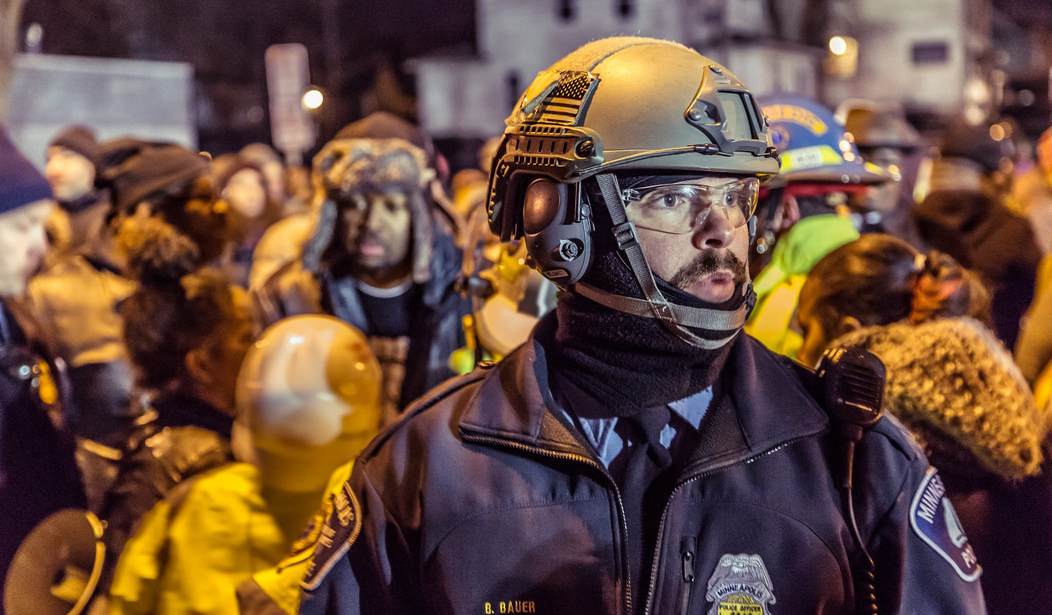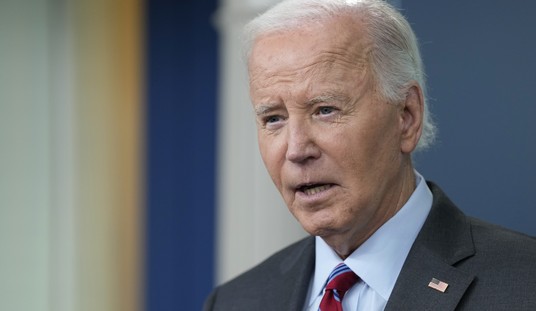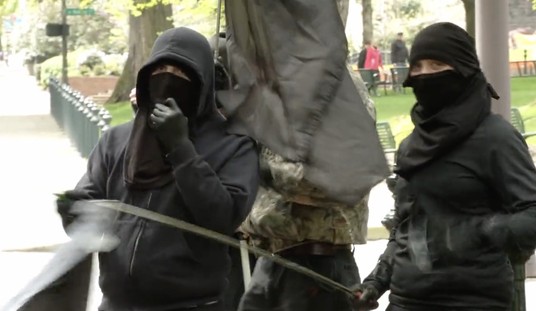Black Lives Matter has factored arrest into their game plan. They know that the protest demonstrations they organize violate the law, disrupting public infrastructure and trespassing on private property. They know that such disruptions will trigger a response from law enforcement. They organize with the purpose of overwhelming that response and thus “shutting down” the target of their action.
Just before Christmas, one such target was the Minneapolis-St. Paul International Airport. After publicly declaring their intent to shut down the nearby Mall of America, protest organizers covertly targeted the airport. They started at the mall as a diversion, then shuttled to the airport via light rail. The resulting disruption resulted in the shutdown of security checkpoints and missed flights for families looking to gather with relatives for the holidays. That was the plan. Black Lives Matter wanted to shut down the airport and keep people from their families at Christmas.
When an informal organization is willing to suffer the arrest of its members to achieve such goals, the threat of arrest becomes insufficient to deter their actions. Enter Minnesota state Representative Nick Zerwas, a Republican who has introduced a bill that enables governing entities to pursue civil restitution from those convicted of unlawful assembly to recover law enforcement costs.
From the Minneapolis Star Tribune:
Zerwas says Bloomington taxpayers were hit with thousands of dollars in extra costs because police had to respond to a protest spearheaded by the Black Lives Matter group. And he says it took 24 law enforcement agencies to respond when protesters blocked Interstate 94 as part of protests in the wake of [Jamar] Clark’s death.
The bill has triggered a gush of inaccurate reporting from people eager to characterize it as an attack upon free speech. The bill only applies to those who have been arrested and convicted of unlawful assembly, which means they were found guilty of criminal conduct though due process. There is no conceivable means through which lawful expression could result in a civil judgment.









Join the conversation as a VIP Member